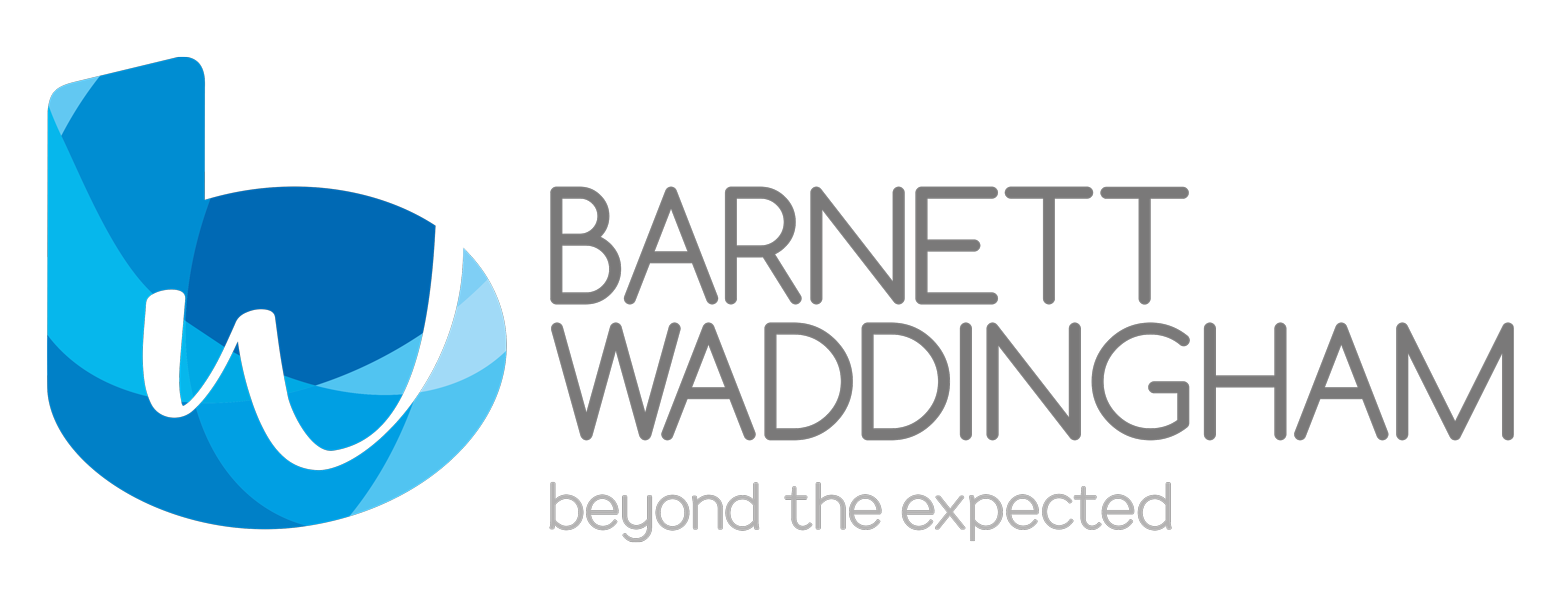
After much delay the new (combined) code is nearly here. It may even have landed by the time you read this.
Many schemes have already started "kicking the tyres" of their governance processes and will eagerly be awaiting publication to confirm the finer detail. But is it time for schemes to stop looking at their own governance in isolation and for the industry to work together on this?
Large, often complicated, schemes have not got to where they are today without doing something right. For one thing, they have larger governance budgets, often have in-house teams and larger trustee boards, and therefore access to more resource. But they also generally have significantly larger risks to manage, amidst greater scrutiny from The Pensions Regulator (TPR). Smaller schemes may well struggle to effectively work through the new code minefield and so risk falling short of expectations. So can - and should - larger schemes help by sharing their learnings?
When the draft code was published our message was, and continues to be, that for most schemes compliance with the code should not be overly onerous - with appropriate documentation and some gap filling being the main jobs to do. Prepare well now and things will be much easier down the road.
However, there continues to be the challenge of engaging schemes where governance has historically been lacking or budgets are low. Could the new code be the opportunity for large schemes to shout proudly about the great work they have been doing?
We are finding that it is the larger schemes that are more worried about their Effective Systems of Governance (ESOG) not being up to scratch. We have engaged with a number of, non BW advisory, clients to carry out an independent review of their ESOG and report back to the trustees. We have used our pragmatic ESOG framework to document their policies and procedures, as well as meeting with key personnel to do a "deep dive" into what really makes the scheme tick.
What did we find? Perhaps it is not surprising that these larger schemes are doing the basics very well. Yes, there are some aspects of the code to consider further but we have also come across some fantastic practices that other schemes could really learn from.
Working with the sponsor. Perhaps due to their size, it's likely that larger schemes have a closer relationship with their sponsor, and this can really help instil and improve good governance processes. Running a pension scheme is just like running a company, with the trustees and sponsor sharing risk. So it's great to see so many schemes using the sponsor's risk management knowledge to enhance their ESOG. Larger schemes could really make a difference by sharing this knowledge with schemes who perhaps don't have access to such expertise and experience.
Good practices. These should not be kept secret! If something works, and works well, why not share it with others? It would be great to see larger schemes sharing their governance practices with smaller schemes, perhaps through workshops or buddy programmes. What about intellectual property I hear you say? Well, why should we be precious about sharing information that will help schemes achieve their objectives and enhance the outcomes for members? That's the whole point, isn't it?
Why do it? It must be in the industry's interests for all schemes to embrace good governance. We all want a well-run pension system but, being purely selfish, we don't want TPR turning the screw even further if it feels there is a lack of engagement from some schemes. Self-regulation has to be beneficial. That's not to say that larger schemes should be responsible for smaller schemes' governance but a helping hand to get started could go a long way.
Clearly there is still work to do. The publication of the new code is just the start, but hopefully this will be the start of something positive.
At BW we are continuing to help our clients approach the new requirements pragmatically, with a focus on adding value and looking forward. We are working to develop our ESOG framework into an online tool that will allow schemes to move smoothly into the own risk assessment phase - as well as providing access to other governance and risk management tools. We're really excited about the benefits this could bring to our clients.

Partner at Barnett Waddingham.











